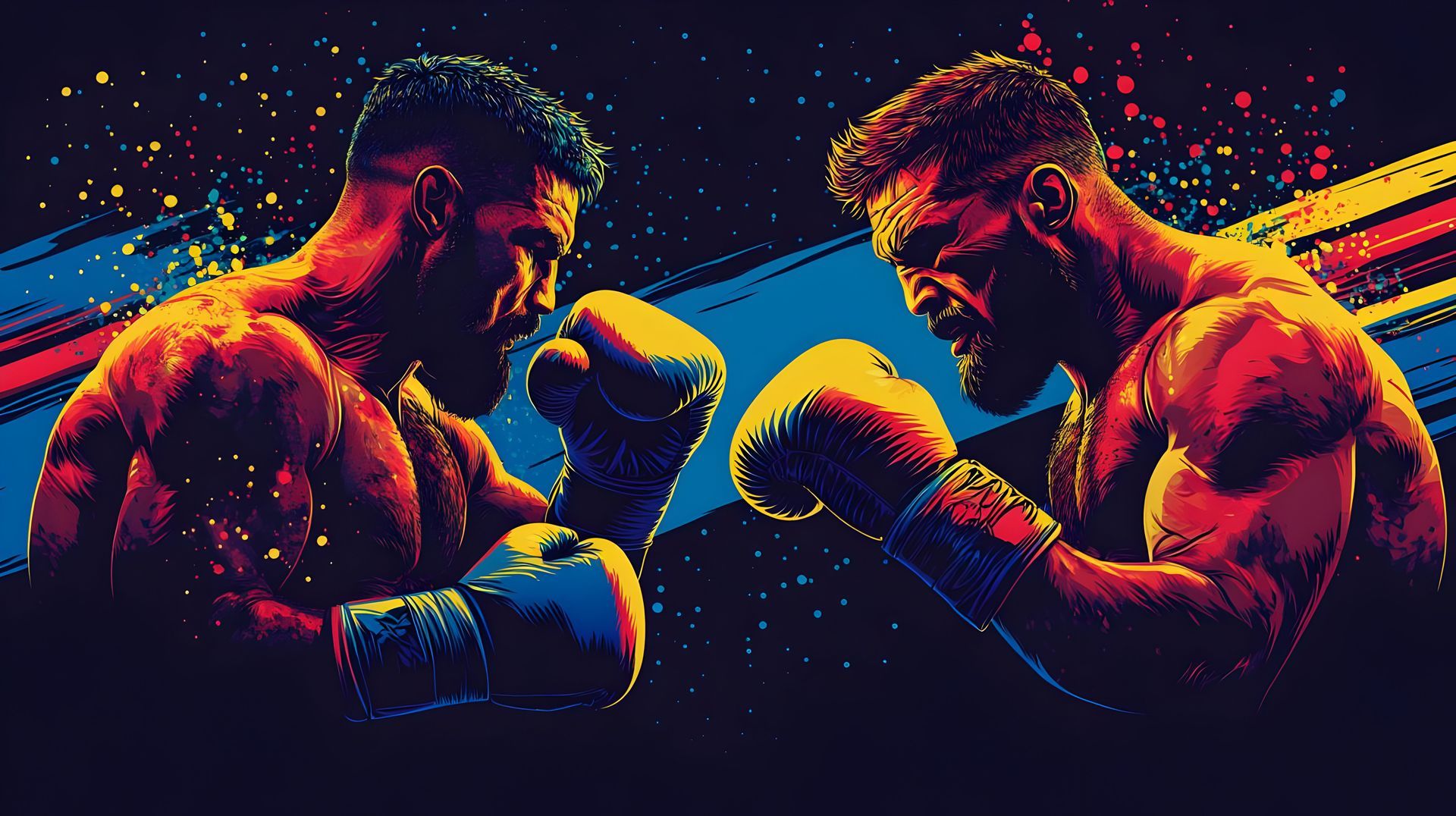P U B L I C A T I O N S
How AI is Ending the Age of Specialization—and What the Next Generation Must Learn to Thrive
For the last hundred years, society rewarded one kind of person: the specialist. The industrial age taught us that success came from picking a lane, learning it deeply, and staying there. Doctors, engineers, accountants, and marketers all built secure careers by mastering a single craft and repeating it faithfully for decades. That world is disappearing.
The End of the Specialist Era
For most of modern history, companies and schools were designed like assembly lines. Each person had a specific task, a narrowly defined role. That model worked beautifully when industries moved slowly, information traveled on paper, and “expertise” meant memorizing data. But specialization has a weakness—it depends on stability. When technology changes slowly, deep mastery pays off. When it changes every six months, the specialist struggles to keep up.
Today, artificial intelligence can out-specialize almost any human. AI writes code faster than junior developers, designs logos in seconds, analyzes legal documents in minutes, and generates marketing campaigns overnight. Every year, new tools erase another layer of human routine. The advantage once held by narrow expertise is now held by machines.
The Rise of the Generalist
So, who wins in a world run by algorithms? The generalist. Generalists are connectors. They see patterns others miss. They draw insights from multiple fields and combine them into something new. They don’t compete with machines—they direct them.
A generalist might not be the best coder or the best designer, but they know how design affects sales, how marketing shapes behavior, how data informs decisions, and how all of it connects to a larger strategy. They understand context, purpose, and human emotion—the elements AI still can’t replicate. In short: generalists turn knowledge into innovation.
Entrepreneurship Is the Ultimate Generalist Training
Entrepreneurship has always been a generalist’s game. To build a business, you must understand strategy, communication, finance, technology, psychology, and storytelling—all at once. You don’t need to master every skill, but you must understand how they work together. That’s why the next generation of entrepreneurs will hold the real advantage. As corporations automate departments, entrepreneurs will integrate them. As AI handles the technical “how,” human founders will focus on the “why”—vision, leadership, connection, and creative problem-solving.
At Lemonade Maker® Academy, this philosophy drives everything we teach. We combine technical fluency with human mastery—because the leaders of tomorrow must be fluent in both code and conversation, algorithms and empathy.
The Skills AI Can’t Replace
Automation is accelerating, but some abilities remain uniquely human:
- Critical Thinking — Machines process information, but they don’t interpret meaning. The next generation must learn to question, synthesize, and see beyond the surface.
- Communication — In a world of short attention spans, the ability to inspire, persuade, and collaborate will define real leadership.
- Creativity & Strategy — AI can remix ideas; it can’t imagine new ones.
- Empathy & Ethics — Innovation without conscience creates chaos. The future will need leaders who understand people, not just data.
These are the “lost arts” of modern education—the timeless disciplines that make technology useful rather than dangerous.
Schools Aren’t Teaching This Anytime Soon
Traditional education still prepares students for the old economy. It rewards memorization over innovation, conformity over creativity, and specialization over adaptability. Kids are told to choose a single career path before they’ve even seen the world. But the next generation’s greatest opportunities won’t exist inside those lanes. They’ll appear in the intersections—between technology and storytelling, between science and ethics, between data and design.
That’s why the mission of Lemonade Maker® Academy is to train young generalists: thinkers who can blend disciplines, lead teams, and use technology as a tool, not a crutch.
The New Definition of Smart
In the 20th century, being “smart” meant knowing the right answers. In the 21st, it means knowing the right questions. AI already has the answers. The human advantage is curiosity, discernment, and the ability to frame problems in meaningful ways. Generalists excel here because they see how one idea influences another. They don’t just solve problems—they redefine them.
Consider the entrepreneurs who are changing the world right now. None of them are pure specialists. Elon Musk bridges physics, business, and storytelling. Sara Blakely mixed design, marketing, and psychology. Steve Jobs fused art with engineering. Every great innovator operates at the crossroads of multiple worlds.
A Generalist Generation
The next generation will live in an economy that changes faster than any before it. Careers will evolve, industries will merge, and skills will expire overnight. But generalists won’t be afraid—they’ll adapt. They’ll understand how to learn, unlearn, and relearn. They’ll treat AI as an assistant, not a rival. They’ll be capable of launching ventures, leading teams, and solving problems no algorithm could anticipate.
At Lemonade Maker® Academy, we call this future fluency: the combination of entrepreneurial thinking, technological literacy, and timeless human skills that make someone unstoppable in any era. We’re not teaching kids to avoid technology—we’re teaching them to master it and themselves.
The Bottom Line
The age of specialization was about depth. The age of AI is about range. The future will belong to those who can connect, adapt, and create—the generalists. And the best time to prepare for that future isn’t after graduation; it’s now. Because when the machines know how to do everything, the real question becomes: Who will still know why?

ABOUT THE AUTHOR
Thomas Minieri is the author of the cult-classic book Lemonade Maker. A self-made entrepreneur, innovation strategist, and digital marketing expert, he founded Lemonade Maker® Strategies— a modern business community designed to help entrepreneurs thrive in today’s age of technology and disruption.
With over two decades of experience, Thomas has built multiple 7- and 8-figure companies across franchising, digital strategy, real estate, event production, and innovation consulting—entirely without outside capital or debt. His work has been featured in Forbes, Entrepreneur, Fast Company, and more.
Known for his fearless creativity, culture-driven leadership, and tech-forward approach, Thomas has helped thousands of founders bring clarity to chaos and break the status quo to build something unforgettable.

















